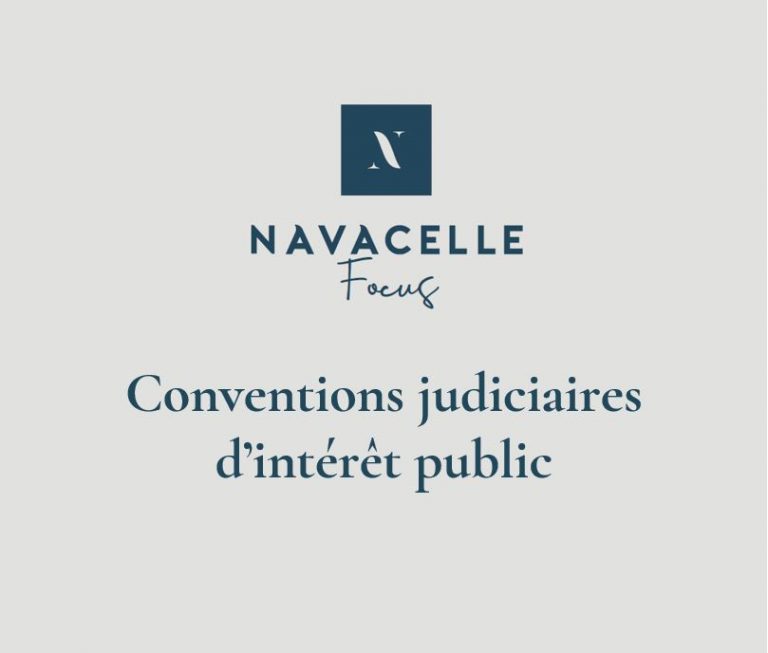On November 20, 2019, the French Supreme Court (Cour de cassation) ruled that failing to comply with anticorruption provisions included in a contract is a valid ground for terminating a long-established business relationship. The dismissed contractor in breach of compliance requirements is not entitled to claim damages based on the abrupt termination of an established business relationship.
This is the first decision rendered on the topic. This verdict emphasized that the French Supreme Court considered that “compliance law” have become unavoidable.
I. The French Supreme Court ruled that a breach of anticorruption compliance and a failure to declare its interests is sufficient to characterize a misconduct enabling to terminate a contractual relationship
A French company specialized in the marketing of medical devices (“EIC”) signed a business agency contract in 2007 with the French subsidiary of the U.S company Biomet, Zimmer Biomet France (“Biomet”).
Under the terms of this contract, EIC “undertook to carry out its activities in compliance with the applicable rules, and in particular acknowledged that it had been informed of the provisions of the former Article L. 4113-6 of the Public Health Code and acknowledged that he had to comply with them”. The company also undertook to subscribe to the Biomet Group’s global anti-corruption policy providing that “all Biomet collaborators will be required to sign a certification of their adherence to the Policy on a regular basis, as well as to satisfactorily participate in training on applicable anti-corruption legislation”[1].
After EIC refusal to renew his adherence and certification to Biomet anti-corruption policy and the failure to declare its links of interests, Biomet terminated the contract without prior notice due to a serious breach of EIC’s contractual compliance obligations. EIC then sued Biomet in front of the French courts for abrupt termination of an established commercial relationship pursuant to article L 442-6 I 5° of the French Commercial Code [2].
For the first time, the French Supreme Court ruled that a breach of anticorruption compliance rules is a valid ground for to terminating a commercial contract for misconduct.
More specifically, the French Supreme Court endorsed the judges of appeal considering that “taking into account the rules set out in the compliance program and the agreement concluded, the failure of [EIC] to comply with its contractual obligations, in that it was likely to result in Biomet’s own liability, was sufficiently serious to justify the termination of the commercial relationship without notice » [3].
II. French Supreme Court stance for compliance law
The decision emphasized that the French Supreme Court considered that a company may engage its liability for its business partners failure to comply with anticorruption compliance requirements.
In the case at hand, it is relevant to note that the defendant company signed a Deferred Prosecution Agreement (“DPA”) with the US Department of Justice and the Securities and Exchange Commission in 2012 for corruption of public officials. Under this DPA, Biomet agreed to pay a 17 million dollars fine and to strengthen its anticorruption compliance program under a monitorship. The enhancement of the anticorruption compliance program included relationships with third parties, namely business partners. In this context, the non-compliance of its contractor with its anticorruption requirements exposed Biomet to a sanction and a criminal risk.
In addition, IEC failure to declare its interests took place in the context of increased transparency requirements with French anti-gift rules and public health scandals.
In line with the Sapin II law requirements [4] and the French Anti-corruption Agency (“AFA”) guidelines [5] in terms of control over third parties before entering into/during a business relationship, this ruling sends thus a strong message to French businesses : they must maintain a high level of requirements in terms of internal control and third-party controls with respect to the compliance policies. Moreover, and in accordance with the recent publishing of the political procedure circular on the fight against international corruption [6] by French Minister of Justice Nicole Belloubet, the companies must be involved in the fight against corruption and its implementing mechanisms [7].














